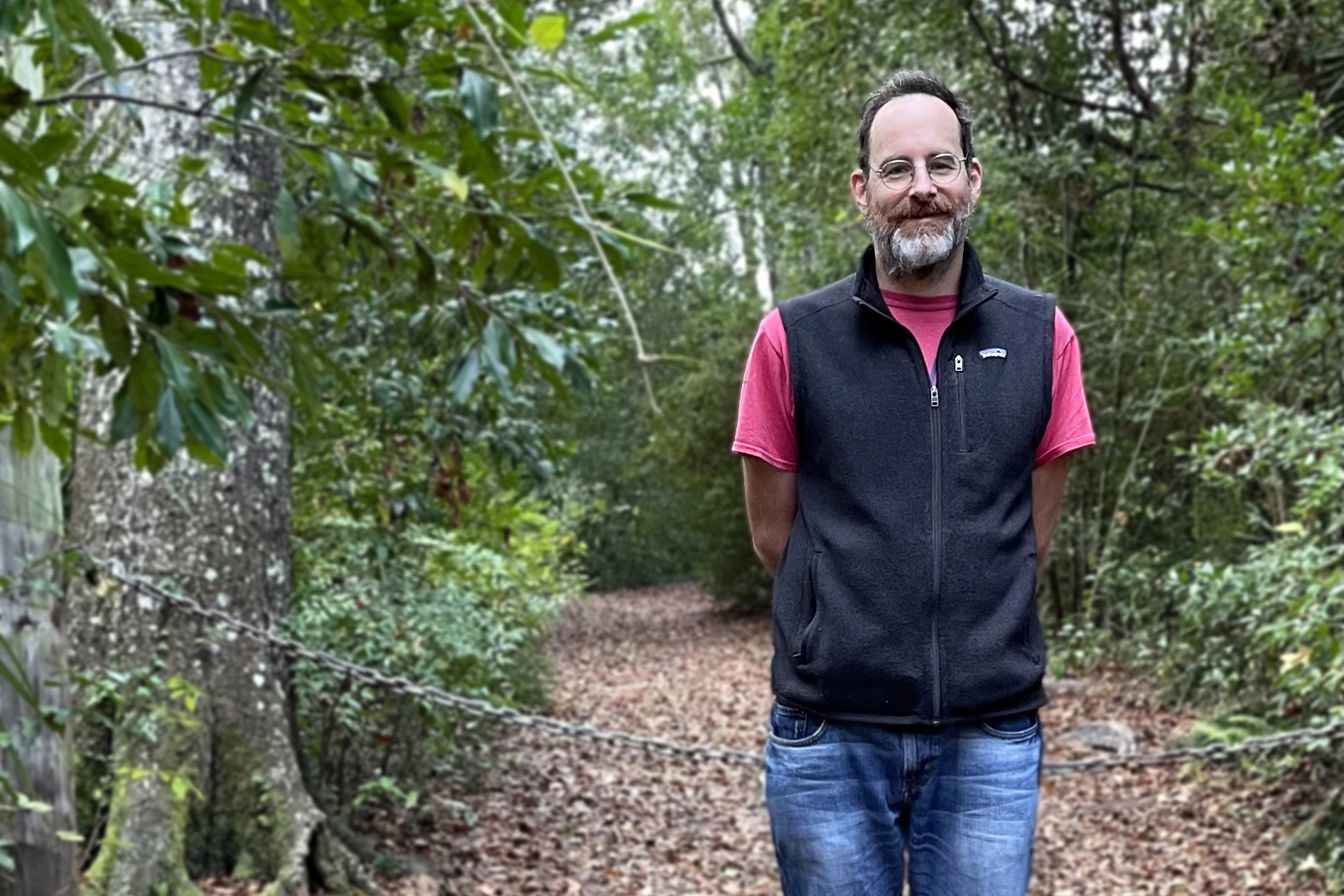FSU history scholar receives national humanities award to aid Benjamin Franklin research

A Florida State University early American history researcher has received an award from the National Endowment for the Humanities for his groundbreaking work on the monetary policy impact of one of the nation’s founding fathers, Benjamin Franklin.
Professor of history Edward Gray has been named a recipient of the National Endowment for the Humanities Public Scholars Award, which will provide $30,000 in support of research for a book titled “Benjamin Franklin’s Money: A Financial Life of the First American.” This award comes on the heels of the American Philosophical Society-NEH Sabbatical Fellowship Gray received last spring to support his work on the book.
Both honors will provide Gray with time and funding to complete the book, which seeks to give scholars and general-interest readers alike insight into Franklin’s attitudes and relationship with money and finance and how these impacted monetary policy in early America.
“I feel incredibly fortunate. The fellowship allows time away from my routine faculty duties to focus on my research,” Gray said. “I hope to have a completed draft of the book by the end of the fellowship period in December 2023.”
The National Endowment for the Humanities is a major funder of humanities programs in the U.S., and the organization awards grants to strengthen teaching and learning, preserve history, and facilitate research. Gray’s Public Scholars Award is supported in part by the NEH’s “A More Perfect Union” initiative, a multi-year effort to highlight the importance of the field of humanities to the United States and commemorate our nation’s history ahead of the 250th anniversary of the signing of the Declaration of Independence in 2026.
Franklin was an innovator in U.S. currency politics and made efforts to reorganize the monetary environment of early America, which lacked a centralized, sovereign currency. Franklin promoted the use of printed paper money, an unpopular opinion at a time where most were accustomed to using coins as currency.
Gray’s research will expand on the body of knowledge surrounding monetary policy in early America and show how that history shaped our use of currency today. He expects his work to resonate with present-day Americans, as they confront the challenges of fiscal and monetary politics.
“This would be like promoting cryptocurrency today — a lot of people rolled their eyes and were skeptical that this is some new-fangled nonsense, and we need to nip it in the bud because it’s going to cause all kinds of problems,” Gray said. “This is the part about Franklin I want my project to illuminate — the world of money he inhabited was very different than the one we inhabit, and he was deeply enmeshed in that world in ways that aren’t all that familiar to people.”
The APS-NEH Sabbatical Fellowship allows Gray to work on his book at the APS Library in Philadelphia, the city where Franklin himself founded the American Philosophical Society, and one of the world’s foremost repositories of material on the founding father.
The fellowship and Public Scholars Award provide Gray with more than incredible resources; however, they are also distinct honors recognizing his nearly 30 years of work in the field.
“It is a career milestone,” said Gray, who has been a faculty member with the Department of History since 1998. “For humanities scholars, there are a limited number of external grants of this kind and they tend to be spectacularly competitive. This year’s NEH Public Scholar competition had a roughly 8 percent selection rate. The recognition means an awful lot to me.”
The award also reflects the quality of scholarship in FSU’s history department as well as Gray’s scholarly tenacity in continuing to advance his research while serving for nearly a decade as the department’s chair, said incoming history chair Jennifer Koslow.
Gray’s award is among $31.5 million in recently announced NEH funding for various humanities projects across the U.S. To view the complete list of projects and awards, visit neh.gov.
